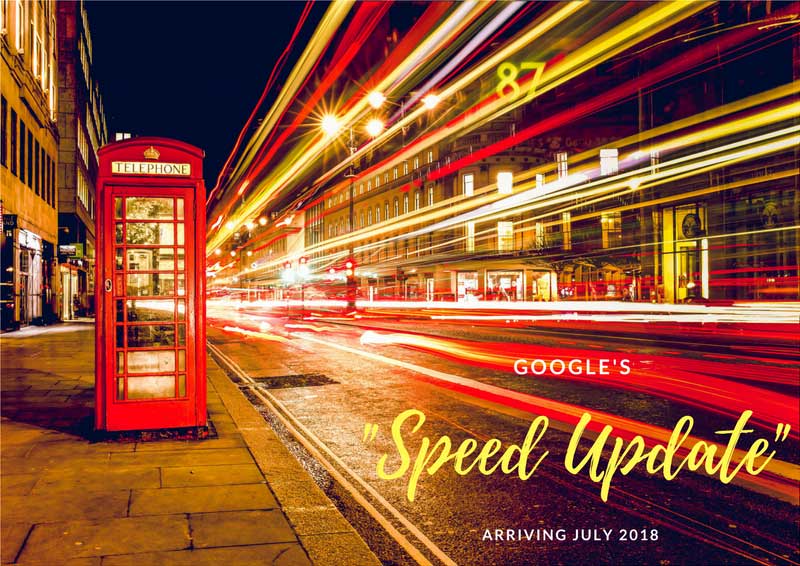
It’s now official — though many suspect it’s already upon us — Google has announced that page speed will be taken into consideration as one of its ranking signals for mobile searches. The “Speed Update” will come into effect sometime in July 2018 and will see sites that “deliver the slowest experience to users” downranked under certain conditions.
The update will reportedly only affect a small percentage of search queries and the change is not a drastic one — it isn’t the only ranking factor or signal in mobile search and there will be instances in which slow pages will still rank highly on search results. This would generally occur in instances in which a web page has the most relevant content related to the search query.
Originally the local pack appeared down below the organic listings and showed 7 businesses:
It’s been on the horizon for some time
Google’s mobile-first search index was rolled out last year and is widely seen as a precursor to the Speed Update. The mobile-first search index favours the mobile version of a website over the desktop version, with Google pushing responsive design as a means of enabling webmasters to deliver the same information and user experience on mobile sites as desktop versions.

Prior to that, in February 2016, Google launched the Accelerated Mobile Page (AMP) project which aims to deliver an experience similar to Facebook Instant Articles. AMP sites are now highlighted on mobile search results and AMP pages — stripped-down HTML pages with AMP-specific markup — have also been given a more prominent position in Google News. The reasoning behind this is clear — AMP pages use ten times less data and load as much as four times faster.
It’s all about delivering a better user experience
The Speed Update is about page performance and delivering a better experience for Google users when searching on mobile devices, and isn’t related to AMP or mobile-first requirements. Taking into account the dominance of mobile searches — roughly 60% of Google’s searches are mobile and the tech giant accounts for over 94% of US mobile searches — it’s clear that mobile has been more important than desktop for some time and will only continue to increase in importance.
As is often the case, Google hasn’t been forthcoming about how webmasters should prepare for Speed Update, but they have pointed to a few of their own resources which provide general insights on how to improve page performance. These Google resources include:
- The Chrome User Experience Report provides Chrome user experience metrics
- PageSpeed Insights provides URL-level user experience metrics and suggestions
- Lighthouse is an open-source automated tool for improving web page quality
Google has used page speed as a ranking signal in the past — on desktop searches — though it hasn’t been used as a factor in mobile search. Given that Google wants its users to find answers to their questions as quickly as possible and knows better than most how page loading times affect the user experience, it’s only natural that its search index would reflect the growing importance of mobile search.
Bambrick Media is a Brisbane-based digital marketing company offering SEO, PPC and Social Media Marketing services. To speak with a member of our SEO team about your search goals, please get in touch via our Contact page and we’ll get back to you as soon as we can.